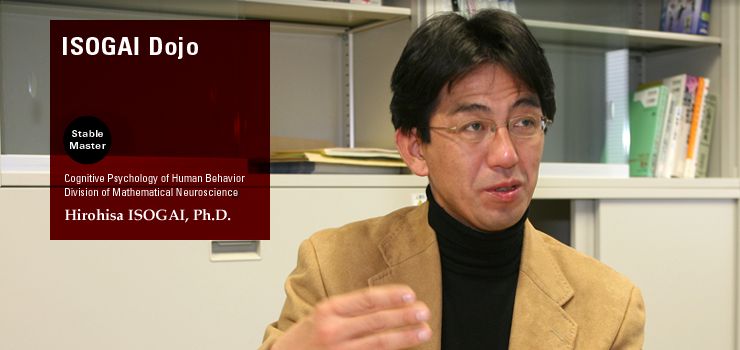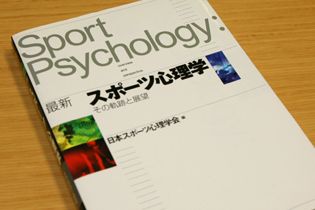 |
| |
 |
| Our research focuses primarily on the mechanism
of human movement and behavior from the perspective of cognitive
psychology. The term sports vision, for example, refers to
visual functions important for playing sports. In our laboratory,
we explore sports vision movement and visual search strategies,
looking at what object a pitcher focuses upon at a particular
time, or what role visual information plays in determining
when a player in the outfield starts to move. An issue in
sports psychology is motivation and our laboratory is conducting
joint research on such themes as how curiosity, which is one
motivator, might affect the movement of autonomous mobile
robots. |
 |
| In
this program, students gain a deeper understanding of
the relationship between sports performance and vision,
including the mechanisms involved. In particular, they
will undertake comprehensive measurements of the important
components of sports vision, including static acuity,
dynamic visual acuity, eye movement, depth perception,
contrast sensitivity, speed of recognition and eye-hand
coordination. In addition to basic experiments conducted
in the laboratory, students can also select applied
experiments to study the effect of sports vision on
situational judgments such as when batting and catching
a baseball or when playing rugby and soccer, or the
role of visual search using an eye mark recorder. Students
are encouraged to deepen their understanding of the
mechanisms involved in human sight and movement and
to undertake applied research in various engineering
fields including robots. |
 |
|
|
|
|